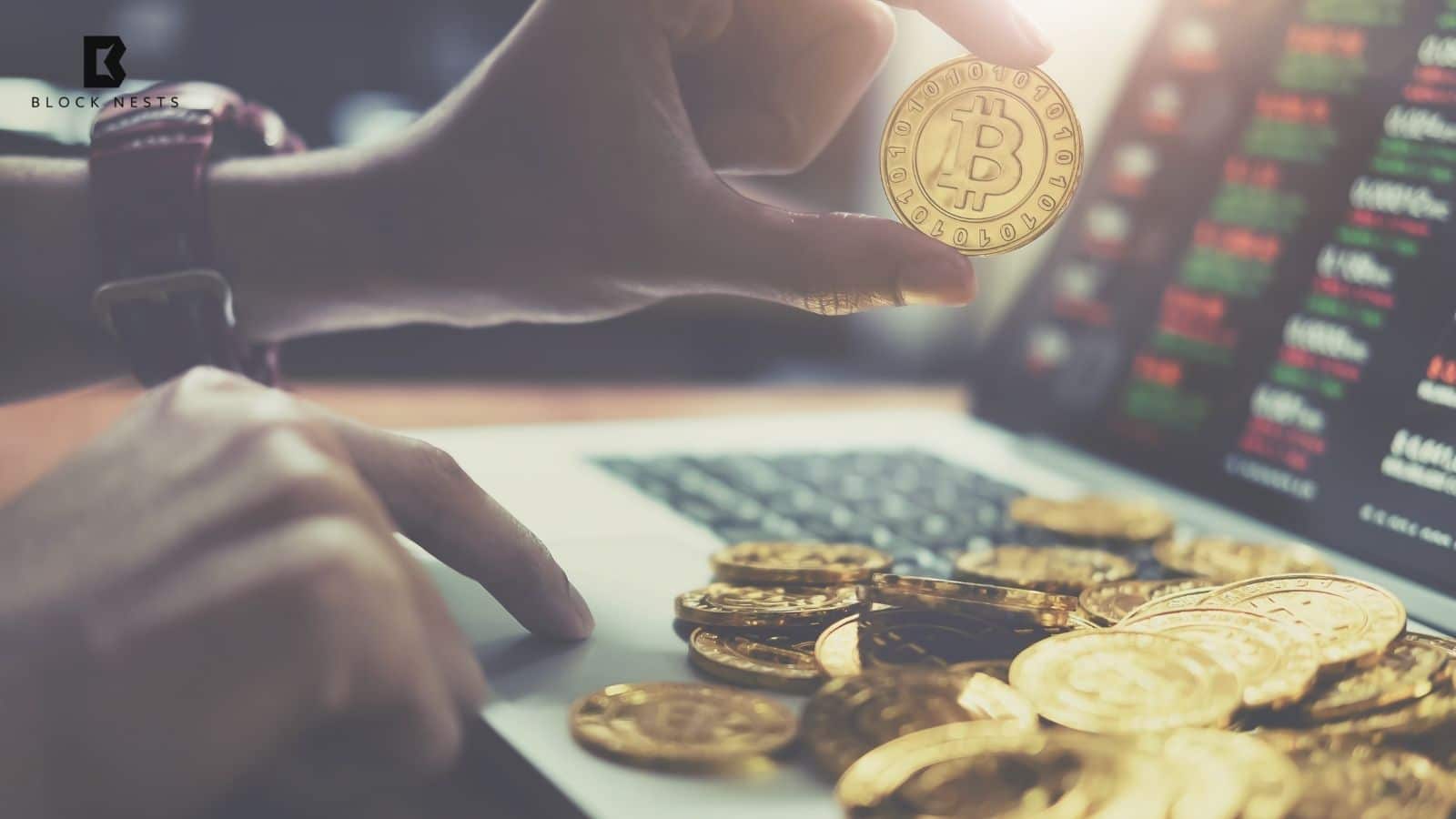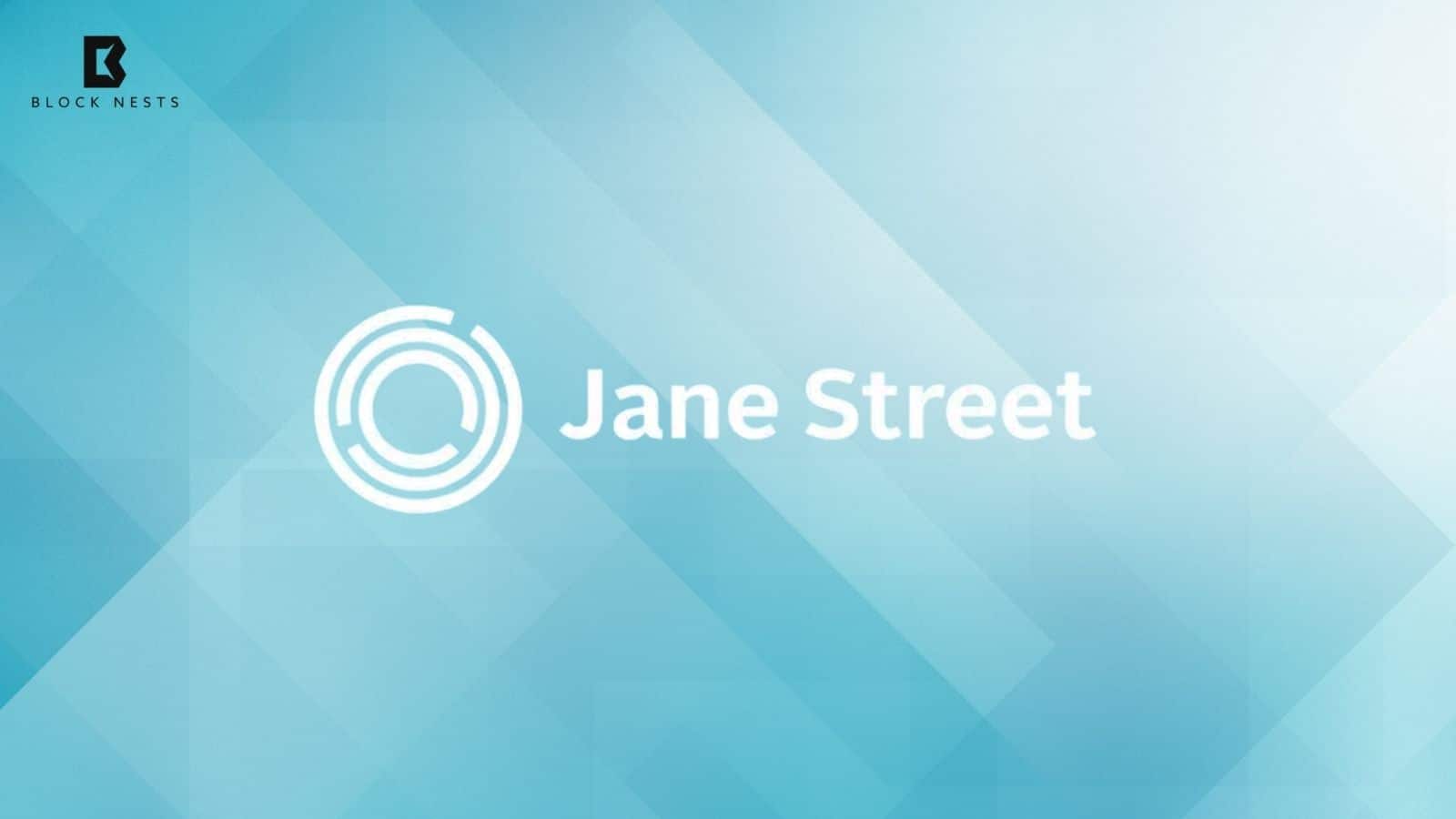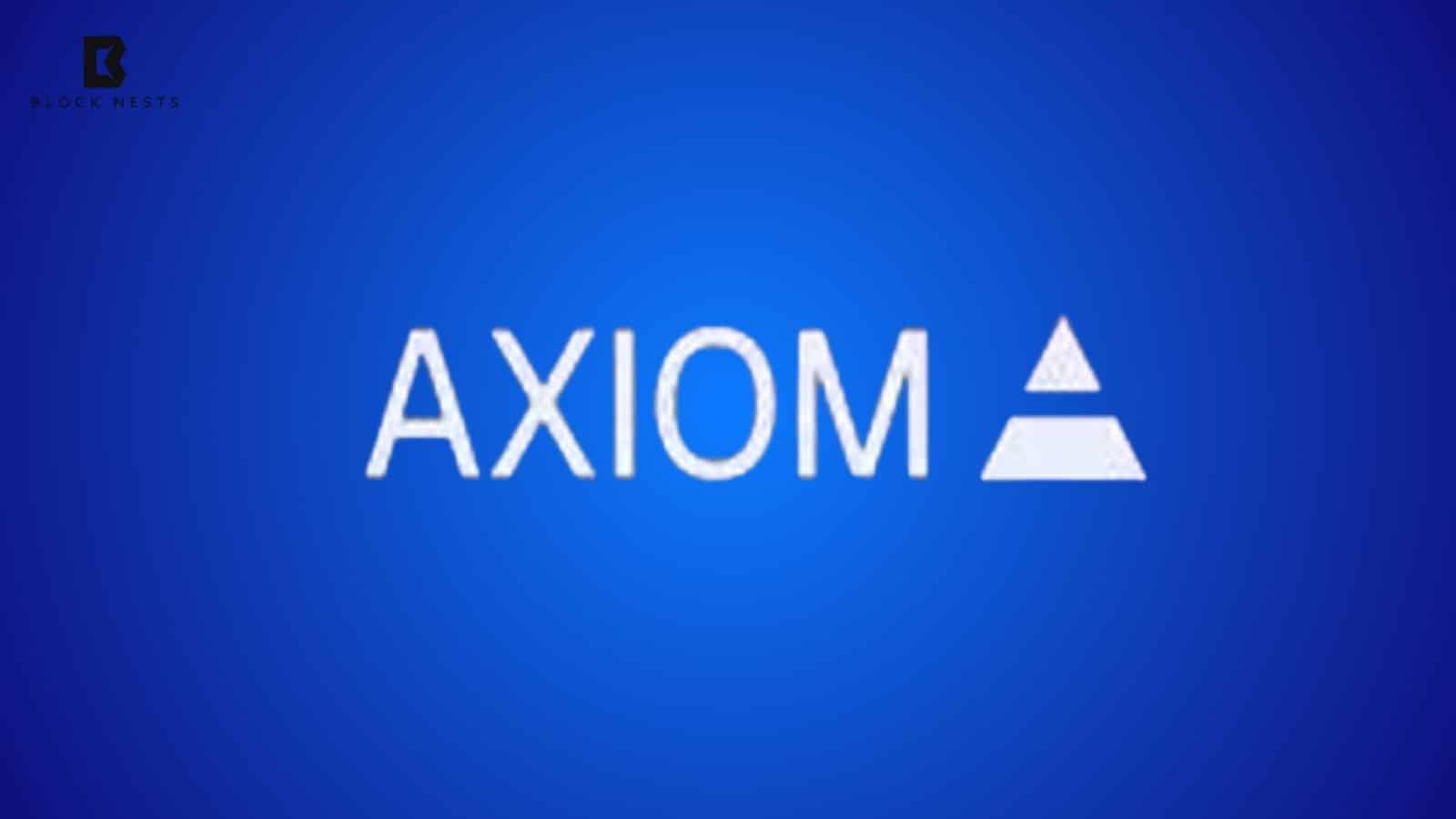- South Korea’s new bill could launch the first government-backed Korean won stablecoin.
- Kakao-backed Kaia announces plans to issue a regulated Korean won-pegged stablecoin.
- Lawmakers push for strict licensing and a presidentially overseen Digital Asset Committee.
South Korea is advancing toward a regulated digital currency market as lawmakers introduce new legislation aimed at launching government-backed stablecoins. With the Digital Asset Basic Act, the government would give clear directions on digital assets and enhance the legitimacy of Korean won-pegged stablecoins.
The bill states that if you want to issue stablecoins, you must have at least 500 million Korean won in capital ready. By setting this requirement, only firms with a sufficient amount of financial support can take part in the industry.
Moreover, the act proposes the creation of a Digital Asset Committee to operate under presidential oversight. The legislation explains the rules for issuing digital assets and what is meant by different digital assets.
In addition, this bill suggests that a Digital Asset Committee will be set up to operate under the president’s supervision. It is intended to create a tighter organization, more monitoring, and stricter enforcement among the industry participants.
Apart from enacting new regulations, the bill aims to protect users from manipulation and fraud. The measures include actions against trading inside information, manipulating prices by different parties, and cheating people out of their assets.
Importantly, the measure is in line with President Lee Myung’s passion for local cryptocurrency development. According to the administration, this move would lower the country’s reliance on foreign crypto tokens like USDT and USDC.
Kaia’s Stablecoin Plans Signal Growing Market Readiness
As a result of the legal framework, the Kaia platform has committed to introducing its stablecoin, which Korea can back win. Kakao provides the platform’s technical support; the company is a leader in the digital and financial industries.
As soon as Kaia made her announcement, Kakao Pay shares went up by 30 percent in the market. Danilo, another competing payment firm, enjoyed the same positive trend as investors look forward to domestic stablecoin development.
Since many major companies have entered South Korea’s stablecoin market, it is evolving into something new. About half of Korean investors have revealed their plans to boost their crypto investments.
In addition, laws developed in Hong Kong, Japan, the United States, and the European Union were influential in determining the legislation in China. Lawmaker Min pointed out that the structure of licensing is very similar to the regulations Hong Kong applies to stablecoins.
When domestic financial platforms match up with compliant digital asset rules, it is expected to boost users’ trust. As a result, more people from the community could join such financial systems.
This step from South Korea demonstrates how it is moving towards a digital economy that complies with government laws. Since new rules are in effect and private companies are already taking steps, the country is ready for the future of cryptocurrencies.
How would you rate your experience?






